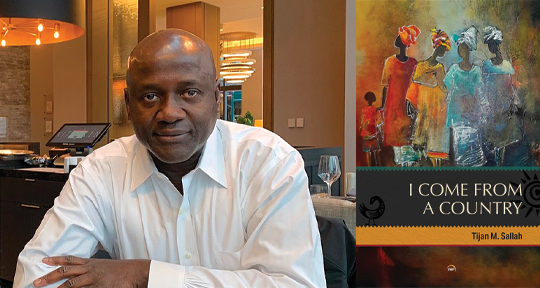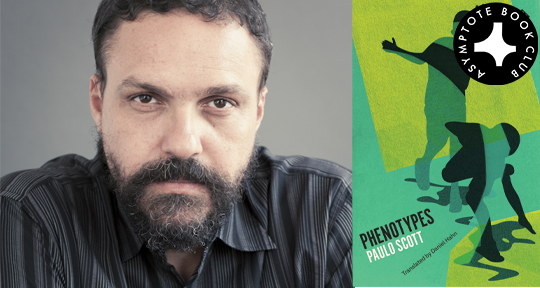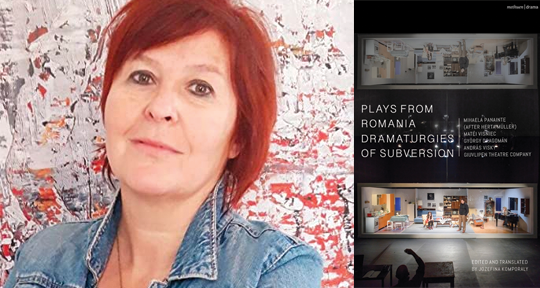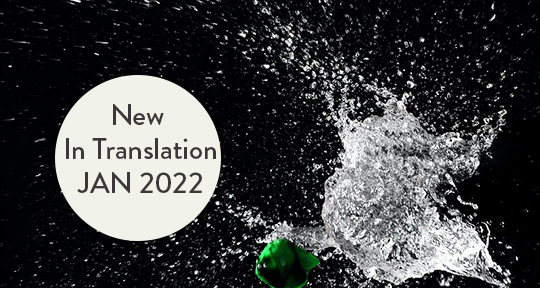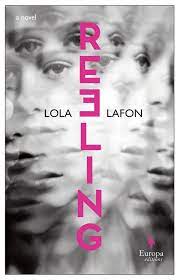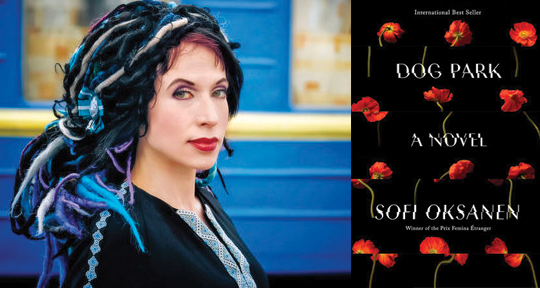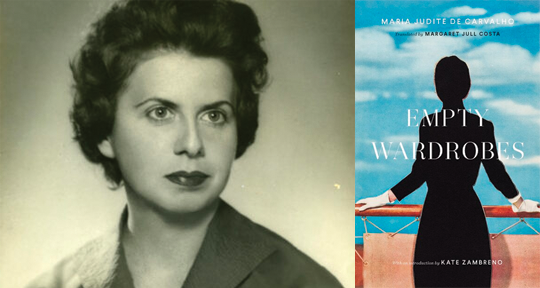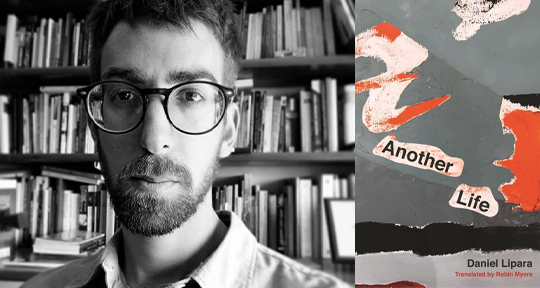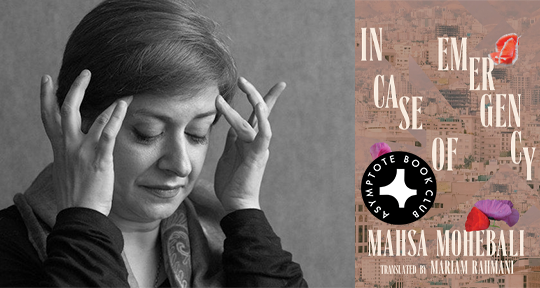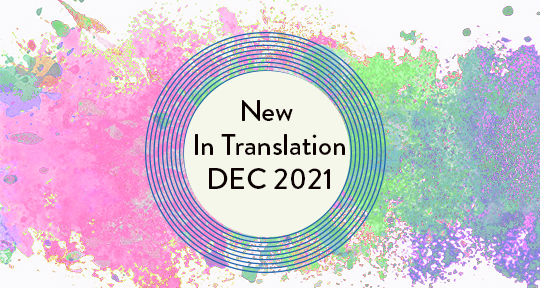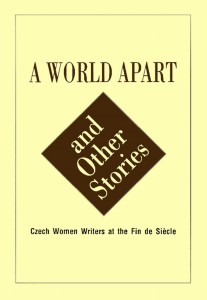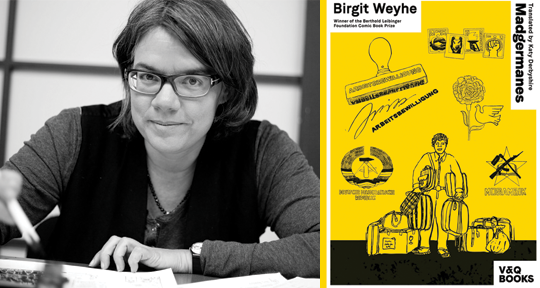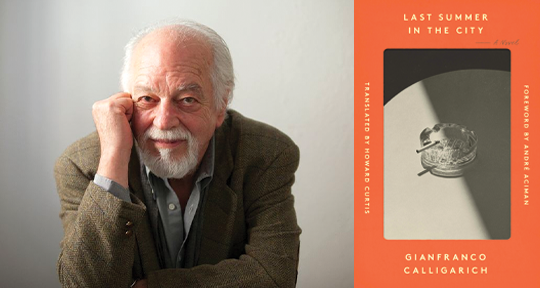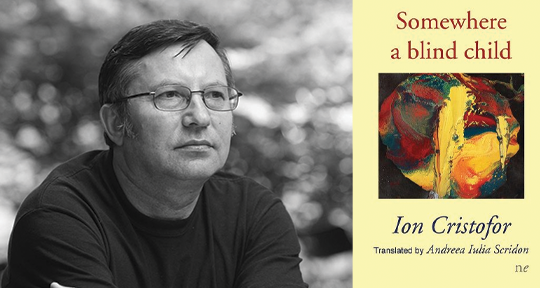I Come from a Country by Tijan M. Sallah, Africa World Press, 2021
If The Gambia as a nation figures on the globe as “one of the world’s poorest and least-developed countries,” according to a recent article in The Guardian, there may be much cause for despair. As I leaf through the pages of Tijan M. Sallah’s latest poetry collection I Come from a Country, I can see a great deal of hope emanating from the vigorous pen of The Gambia’s leading poet, writer, and critic. The very first poem “I Come from a Country,” that gives the collection its title, shows how Sallah negotiates the dark terrains of poverty, unemployment, illiteracy, and urban squalor through images and pictures of what he considers essentially human. The opening lines of the poem, “I come from a country where the land is small, / But our hearts are big,” immediately suggest that it is the people who constitute a nation rather than geographical lines or boundaries. This is a land where “every one knows your name / . . . Where poverty gnaws at our heels, / But we have not given up hope / We continue to work.”
The collection’s recurring image of the sun signifies hope eternal. Hope, for Sallah, is not a “thing with feathers” as Emily Dickinson would have us imagine in her poem, “Hope is the thing with Feathers,” but it is a reassurance that “rises daily with the sun.” Life is difficult but with the resilience reminiscent of Hemingway’s Santiago, the common folks of The Gambia believe that “a man can be destroyed but not defeated”:
And if resilience were a person,
She will live in my country.
She will be a calloused-handed woman
In sun-drenched rice-fields,
With a child strapped on her back;
But with a love enormous as the sea.. . . Where we still believe in such things as
Sweating with your hand,
And still remember God and family.
And still support the indigent,
And carry Hope like oysters,
Sun-peeping from their shells.
Though based in the USA, Sallah’s intimate relationship with The Gambia remains deeply embedded in his sensibility. It is not restricted to a mere poetic expression of “imaginary homelands.” He seems to be carrying The Gambia within his heart and soul. If he is eager to show his love and esteem for the people of his homeland, he is no less vehement in offering his harsh indictment of tyrants like Yahya Jammeh who brought untold misery to the subjects for whom he was elected to be their custodian. Celebrating the overthrow that led to Jammeh’s exile, Sallah warns his fellow Gambians in “Jammeh-Exit”:
The detractors of freedom prey
On the unfulfilled pledges to the poor . . .
We must not be fooled;
That history does not repeat itself.
But, damn well, it does, if
Those who guard the doors of liberty
Sleep like dunderheads at sunrise.
Sallah is equally unsparing of leaders with dictatorial intent as is evident from the poem “Nasty Palaver of Donald Duck,” where his target is Donald Trump. Infuriated by Trump’s reference to natives of Africa as “people from the shit-hole continent,” Sallah castigates the “insolence from a drake, holding the scepter” for creating fissures in the most powerful democracy in the world with his hate-speeches against immigrants and people of colour. Sallah desires to see the earth rid of “such unbridled / Arrogance and greed” that cannot treat fellow human beings with respect and dignity. READ MORE…

